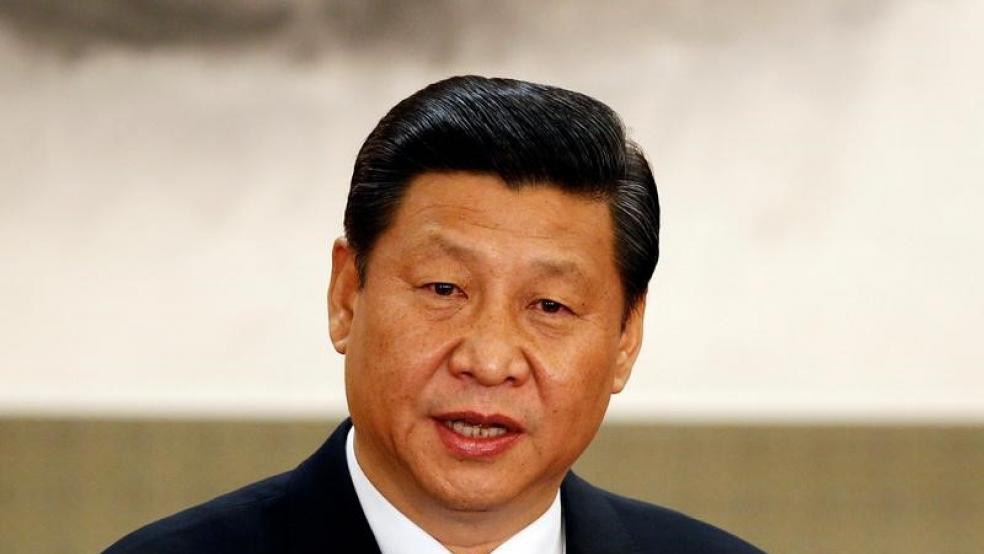China is in the midst of reforms aimed at shaking up ownership structures and injecting private capital into its bloated and debt-ridden state sector, with the ultimate aim of creating more efficient and globally competitive companies.
But leaders have repeatedly stressed that state-owned enterprises (SOEs) must also continue to fulfill their "strategic" functions under the strengthened leadership of the Chinese Communist Party, raising fears that political factors will be prioritized.Xiao Yaqing, chairman of the State-Owned Assets Supervision and Administration Commission (SASAC), insisted the two aims were not contradictory, and that stronger party leadership would give SOEs an advantage.Asked whether party-building provisions would hurt the interests of small shareholders in the listed subsidiaries of state firms, Xiao said late on Friday that the party "has always reflected the interests of the overwhelming majority of the people and does not have its own interests". "Consolidating Party leadership and strengthening Party construction will be a political advantage for state-owned enterprises and play an important role in improving their quality, efficiency and competitiveness," he added, according to a notice posted on SASAC's website (http://www.sasac.gov.cn).China has sought to streamline its state sector through mergers and asset restructuring. Since SASAC was established in 2003, the number of firms under its administration has halved, from 196 to 98.Many economists, however, say much more needs to be done, noting the government still keeps major loss-making "zombie" companies on "life support" to avoid the risk of mass layoffs and massive debt defaults which could strain the financial system. Xiao said SOEs would continue to be exposed to competition and subject to a process of "survival of the fittest", but debt restructuring would still be handled with caution, with the interests of employees and creditors treated with due consideration. (Reporting by David Stanway; Editing by Kim Coghill)China's state firms to benefit from stronger Party: state asset head

Thomas Peter



